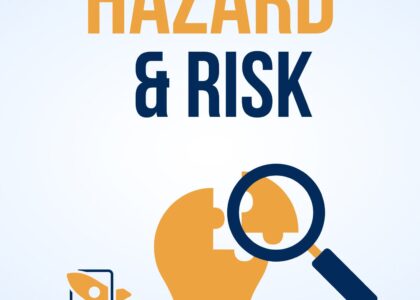
The flu is a contagious respiratory illness caused by influenza viruses that affect the nose, throat, and sometimes the lungs. While it can range from mild to severe, in some cases, the flu can lead to complications and even death. One of the most effective ways to prevent the flu is to get vaccinated every year.
What Are the Symptoms of the Flu?
People infected with the flu may experience a wide variety of symptoms. Common signs include:
– Fever
– Sore throat
– Cough
– Muscle aches
– Fatigue
– Stuffy nose
– Headaches
These symptoms can come on quickly and can range from mild discomfort to more severe manifestations. In some cases, the flu can lead to complications like pneumonia, especially in vulnerable populations such as the elderly or those with underlying health conditions.
How to Fight the Flu
1. Get Vaccinated
The annual flu vaccine is the most important step in flu prevention. The vaccine is recommended for everyone aged 6 months and older, and it’s best to get vaccinated as early as possible in the flu season (usually around October). The vaccine not only helps protect individuals but also helps reduce the spread of the virus in the community.
2. Prevent the Spread of Flu
To minimize the risk of spreading the flu, follow these key practices:
– Avoid close contact with individuals showing flu-like symptoms.
– Avoid touching your face, especially the eyes, nose, and mouth, as these are common entry points for the virus.
– Cover your nose and mouth when coughing or sneezing, ideally using a tissue or the inside of your elbow to prevent droplets from spreading.
– Wash your hands regularly with soap and water, especially after coughing, sneezing, or touching potentially contaminated surfaces.
– Disinfect frequently touched surfaces like doorknobs, countertops, and phones.
If you are sick, stay home until at least 24 hours after your fever has subsided (without the use of fever-reducing medications). This will help prevent the spread of the virus to others.
3. Treating the Flu
If you do catch the flu, antiviral drugs can be used to manage the symptoms. These medications can shorten the duration of the illness and reduce the risk of severe complications such as pneumonia. However, antiviral drugs must be prescribed by a healthcare provider, and they are most effective when taken early in the course of the illness.
In conclusion, the flu can be more than just a minor inconvenience, with the potential for serious complications. The best defense is an annual flu vaccine, combined with good hygiene practices and minimizing exposure to the virus. If you do get sick, rest, stay home, and seek medical advice, particularly if you belong to a high-risk group. With the right precautions, you can protect yourself and others from the spread of the flu.




